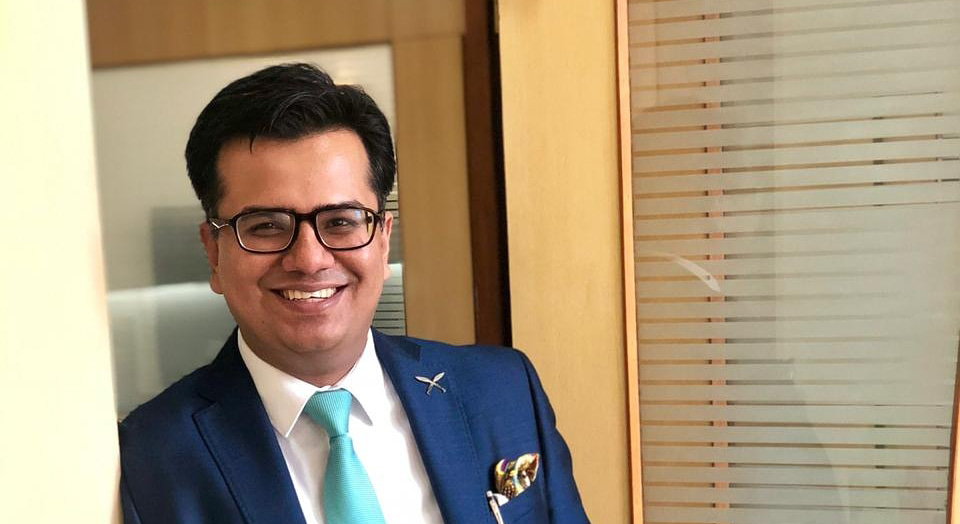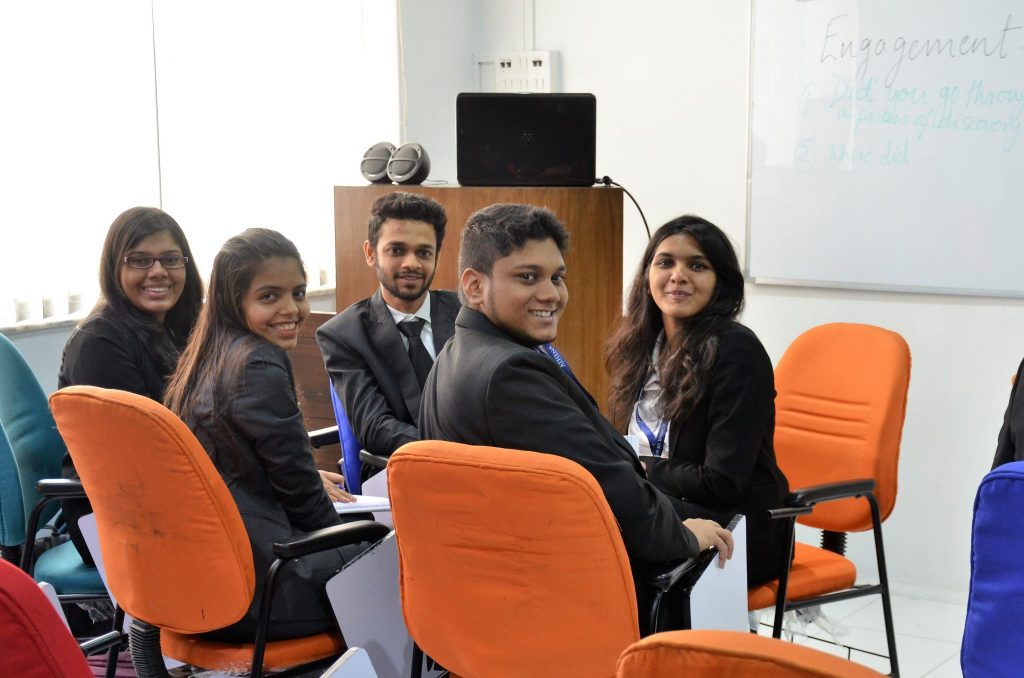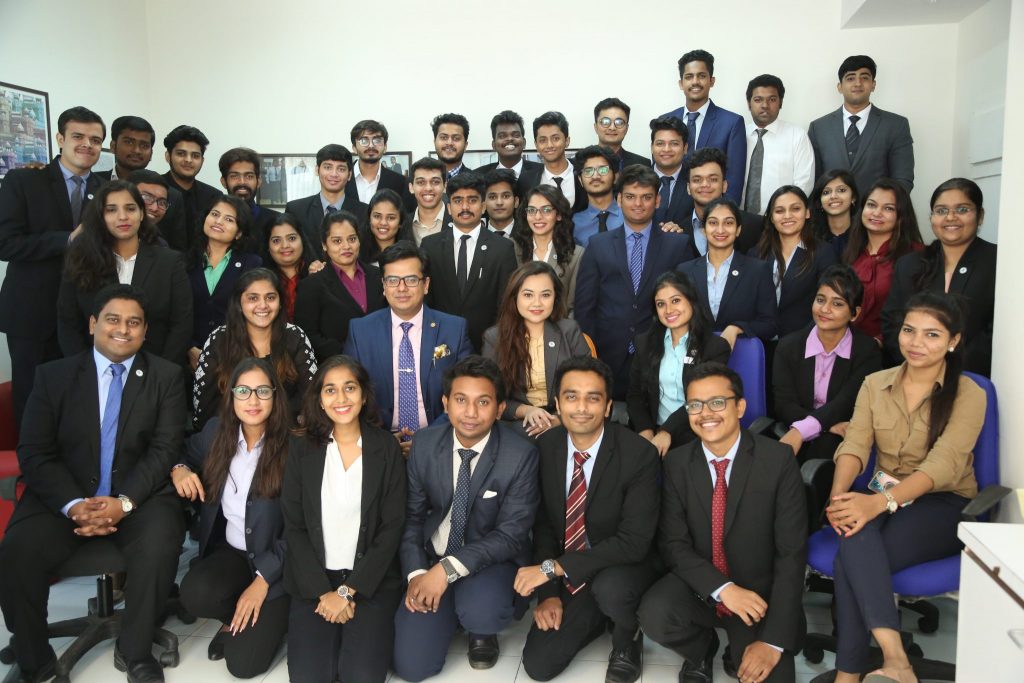Diversity and recruiting the optimal MBA cohort


In the past few decades, there has been a dramatic focus on the makeup of MBA cohorts in terms of nationality, academic and professional background, gender, religion, sexual orientation and other factors. This comes as little surprise, given that today’s employers are interested in hiring candidates who have experience navigating diverse, cross-cultural environments.
While diversity spans numerous characteristics, it is geographical diversity that is most often referred to in business education. We know that students are best prepared for top international jobs when they have a proven track record of working with people from different backgrounds. Just imagine the wisdom our students acquire when they work in small groups to solve complex business problems with, for instance, a tech whizz from Berlin, a policymaker from Egypt and a former Olympic athlete from South America.
More responsible leaders
Success in an international career is no mean feat. Global managers have to be able to relate to people from different backgrounds, and to consider how they will think and react in various situations, particularly under pressure. The MBA provides these opportunities on an almost daily basis, creating better, more responsible leaders. These leaders of tomorrow will already have been challenged and confronted by opposing political ideas and conflicting beliefs by the time they reach managerial positions. They will not only be familiar with a whole spectrum of contrasting ideas, but they’ll know how to work best with the people who hold them.
More than this, working with a diverse group of individuals helps students develop their soft skills effectively. For example, at HEC Paris, we send all of our MBA students to a bootcamp at Saint-Cyr, the prominent French military academy. This annual seminar is specifically designed to improve team-leadership skills through a series of increasingly difficult tasks supervised by leadership experts. Students must work in teams to achieve a common goal – and it reveals some important lessons.
Recently, I witnessed a shy student from Asia discover the solution to one of the Saint-Cyr challenges. Her nine teammates – who were more dominant, Western MBA candidates – loudly offered their own thoughts to the point that she gave up trying to tell them her idea. They failed the task. Since no one had heard the one team member who had the solution, the whole group learned an important lesson about their own cultural norms and the need to listen to every voice.
Having a diverse cohort allows these lessons to filter through the whole programme. MBA programmes usually consist of group work, and every person’s skill set is invaluable to the rest of team. Students develop the tools to understand diversity – from nationality to religious beliefs and sexual orientation – and see how they can work with, and benefit from, these differences.
Opposing ideas that broaden the mindset
While most MBA candidates share some important characteristics, such as a desire pursue excellence and a willingness to work hard, they will discover new or opposing ideas that broaden their mindsets. Diversity offers practical benefits, too.
Many people join MBA programmes with the desire to learn new languages, for example, and spend time with students whose first language they are keen to learn. At HEC Paris, our MBA candidates must be proficient in three languages when they graduate. Students learn from each other both in classroom settings and in informal social settings. Russian students connect with French students, for example, and they pick up new languages through their friendships.
Cultural events
A diverse cohort is also a lot of fun. Students plan cultural events and invite their classmates, the faculty and the local community along to enjoy them. From cultural weeks that focus on traditional food and activities to various celebrations, such as Holi – the Hindu festival of colours – diversity enriches campus life. For example, for last year’s Nigerian Independence Day, our Nigerian students cooked a traditional dinner for the entire MBA student body. When we celebrated Holi at HEC Paris, Indian students organised a wonderfully flamboyant celebration with the local town mayor. It really was like New Delhi came to Jouy-en-Josas.
Despite cultural diversity stealing most of the focus, we can’t ignore our students’ work experience. Students should be able to learn from a wide range of professionals, from economists and doctors to engineers and bankers. Past employers among recent HEC MBA cohorts have ranged from Microsoft to the Peace Corps. Former job titles, meanwhile, have included everything from Air Traffic Controller for the Israeli Air Force to consultants from JP Morgan and McKinsey. We have even had the Acting Creative Excellence Manager for Coca-Cola in Pakistan and Afghanistan among recent cohorts of students.
Achieving career transformation
Exposure to such a variety of peers is particularly important if students want to achieve career transformation. The close friendships they make during the MBA programme will invariably include people from other countries and industries. Finance professionals can look to the tech specialists, for instance, while managers from commerce can learn from those who come from global consultancies.
This is a key reason why diversity really pays off at business school – a more diverse MBA class transforms into a more diverse professional network. Students create global links with points of contact around the world that last for their whole careers.
Students who choose to study abroad already have a head start. They immediately open themselves up to another culture, ready to absorb ideas that can help them far into the future. By spending time in France, students pick up aspects of the country’s heritage easily. That might mean being able to order the right wine at a business dinner, or holding conversations about art and history.
Still, not all MBA programmes place such a high value on having a diverse MBA class. Many students tell us that they chose HEC Paris because diversity is at the heart of our programme. Every HEC student profile is unique and atypical. For this reason, students come to HEC Paris ready and willing to accept other people’s ideas.
We are extremely proud of our diversity, and we work to ensure it at every step of the selection process. In perusing the quality international applicants that form a talented and diverse MBA cohort, some Schools are largely able to rely on their reputation. While HEC Paris is globally visible and receives exceptional applications from across the globe, our MBA marketing managers still travel the world to meet applicants personally and introduce them to HEC Paris. Today, our cohort is 93% international – those people are all from outside France – and comprises more than 50 nationalities. We are one of the most diverse MBA programmes in the world.
Celebrating diversity
Once students join the programme, this diversity is both celebrated and utilised. The idea is never to enforce a level of standardisation, but to leverage each person’s uniqueness, their values, understanding and experiences.
After all, the world is changing. Companies operate across borders and technology continues to break down barriers. The business leaders of the future should be able to experience how international companies work as soon as they join an MBA programme. We take this mandate very seriously at the HEC Paris MBA.
Andrea Masini is an Associate Professor and Associate Dean, HEC Paris MBA. He holds a PhD in management from INSEAD. Prior to joining HEC Paris in 2010, Andrea was Assistant Professor of Operations and Technology Management at London Business School. He has a background in mechanical engineering and environmental management.
Read more Business Impact articles related to diversity:

How emerging economies can inform the D&I debate
Cristina Vélez Valencia, Dean of Universidad EAFIT in Colombia, explores how business education in emerging economies can offer insights and solutions for thinking through global diversity and inclusion (D&I) challenges

How to spot truly LGBTQ+ inclusive organisations
If you want to find out just how committed to LGBTQ+ inclusion a prospective employer is, look for these top signs from myGwork’s co-founders Adrien and Pierre Gaubert

Differentiation through impact part IV
How are business schools working to widen access to education and address inequality?
Want your business school to feature in
Business Impact?
For questions about editorial opportunities, please contact:
Tim Banerjee Dhoul
Content Editor
Business Impact



















